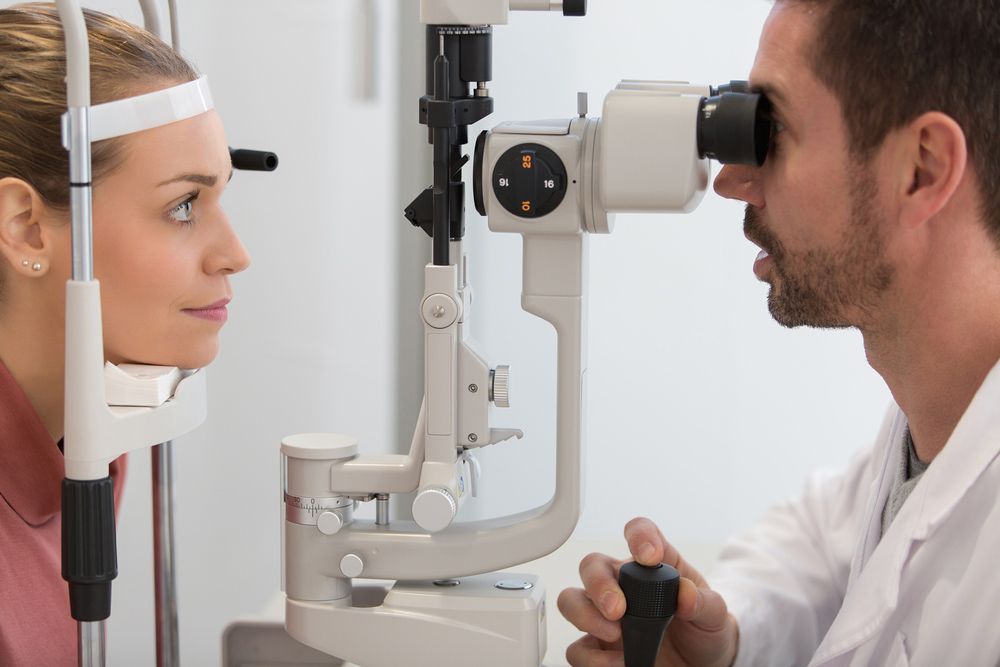Cataract Treatment Options: What Townsville Patients Should Know
For many people in Townsville, noticing that everyday activities like reading, night driving, or recognising faces are becoming harder can be a worrying experience. Cataracts, which gradually cloud the eye’s natural lens, are one of the most common causes of vision changes as we age. While cataracts develop slowly, they can eventually affect independence and quality of life if left untreated.
The good news is that safe and well-established treatments are available locally. With access to highly qualified ophthalmologists in Townsville, advanced surgical techniques, and modern care facilities, patients can restore clearer vision and regain confidence in daily activities.
In this article, we’ll examine cataracts, the treatment process, and what patients can expect when considering cataract surgery in Townsville.
Understanding Cataracts & Their Symptoms
A cataract forms when the normally clear eye lens becomes cloudy, usually due to natural ageing. This clouding scatters light entering the eye, making vision blurry, dim, or distorted. Cataracts typically develop gradually and can affect one or both eyes.
Some of the more common symptoms that might indicate cataracts include:
- Blurry or foggy vision that doesn’t improve with glasses.
- Increased sensitivity to light or glare, particularly at night.
- Difficulty distinguishing colours or noticing that colours appear faded.
- Needing brighter light to read or complete close-up tasks.
- Frequent prescription changes in glasses without noticeable improvement.
If you notice these changes, arranging an appointment with an eye specialist in Townsville is a good first step towards understanding the cause and discussing treatment options.
When Is Cataract Surgery Recommended?
Not everyone with cataracts needs surgery straight away. Adjusting glasses, using brighter lighting, or wearing anti-glare lenses may provide some relief in the early stages. However, as the cataract grows and vision becomes more limited, surgery is usually the only way to improve clarity.
An eye doctor in Townsville may suggest cataract surgery when:
- Vision loss interferes with daily activities such as driving, reading, or watching television.
- There are difficulties with night vision or glare from headlights.
- Blurry vision increases the risk of trips, falls, or reduced independence.
- Regular eye checks show that the cataract is progressing and beginning to impair sight significantly.
Surgery is typically planned when the benefits to quality of life outweigh the inconvenience of continuing to live with blurred vision.
What Happens During Cataract Surgery?
Cataract surgery in Townsville is a standard procedure performed by an ophthalmologist. It generally involves removing the cloudy natural lens and replacing it with a clear artificial lens called an intraocular lens (IOL).
The procedure usually follows these steps:
- Anaesthesia: Local anaesthetic is applied to numb the eye, and patients remain awake but comfortable.
- Lens Removal: The ophthalmologist uses advanced instruments to break up and gently remove the cloudy lens.
- Lens Replacement: A customised IOL is inserted into the same place as the natural lens to restore clear vision.
- Completion: The small incision is often self-healing, so stitches are rarely needed.
In most cases, cataract surgery is a day procedure, meaning patients return home the same day after a short recovery period.
Types of Intraocular Lenses (IOLs) Available
One of the key decisions before surgery is choosing the type of IOL. Modern technology offers several options designed to match different vision needs and lifestyles. Discussing with your ophthalmologist in Townsville will help determine the most suitable type.
The types of lenses we offer include:
- Monofocal IOLs: These provide clear vision at one distance, usually optimised for distance vision, with glasses still required for reading.
- Toric IOLs: Ideal for patients with astigmatism, these lenses can correct irregular corneal shapes while also treating cataracts.
Each option has advantages, and your eye doctor in Townsville can explain the benefits and limitations depending on your eye health and lifestyle goals.
Recovery After Cataract Surgery
Recovery is usually straightforward, but it requires following the care plan provided by your ophthalmologist. Most patients notice improvements in vision within a few days, though it can take several weeks for the eye to fully heal.
During the recovery period, you may be advised to:
- Use prescribed eye drops to reduce inflammation and prevent infection.
- Avoid heavy lifting, bending, or strenuous activity for a short period.
- Wear protective glasses or shields, especially when sleeping, to avoid accidental rubbing of the eye.
- Attend follow-up appointments with your eye specialist in Townsville to monitor healing.
Mild discomfort, dryness, or sensitivity to light are common early after surgery, but these usually improve with time.
Addressing Common Concerns About Cataract Surgery
It’s natural to feel uncertain about eye surgery, but understanding what to expect can help reduce anxiety. Here are some of the most frequent concerns patients raise:
- “Is it painful?” – The procedure is carried out with anaesthesia, so patients usually only feel mild pressure or movement, not pain.
- “Will I be awake?” – Yes, most patients are awake but relaxed throughout, with sedation offered if needed.
- “How long until I can drive again?” – This depends on how quickly your vision clears and will be confirmed by your eye doctor in Townsville at follow-up appointments.
- “Will I need glasses afterwards?” – This depends on the type of lens chosen. Some patients still need glasses for reading or fine work, while others may rely on them less.
Why Local Access to Cataract Surgery Matters
Having access to quality care close to home makes a big difference. Patients considering cataract surgery in Townsville can benefit from:
- Local ophthalmologists who understand the community’s needs.
- Modern surgical facilities make treatment accessible without long travel.
- Personalised care plans developed by an eye specialist in Townsville.
This combination of convenience and trusted care allows patients to focus on their recovery and daily lives without the stress of travelling further afield.
Restore Your Clarity with Local Care
At 130eye, we provide cataract surgery to support patients through every stage of treatment, from diagnosis to post-surgery recovery. Our team of ophthalmologists in Townsville uses modern technology and a personalised approach to help patients understand their options and feel at ease with the process.
If you’ve noticed changes in your vision or think you may have cataracts, now is a good time to speak with an eye doctor about your options.
Get in touch with us today.


